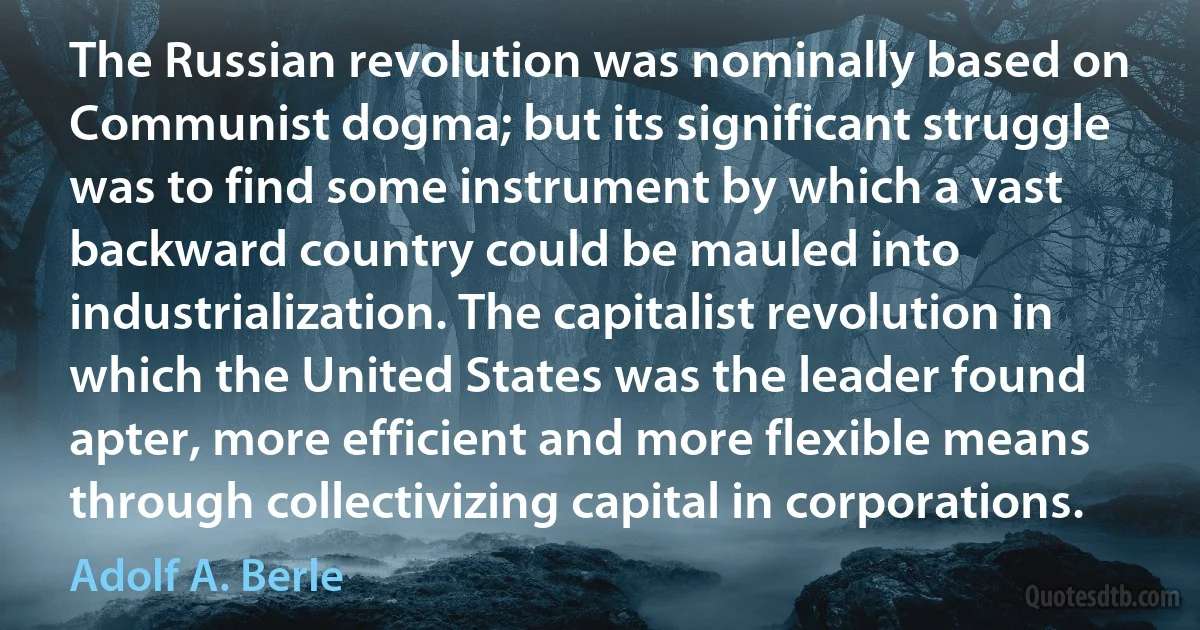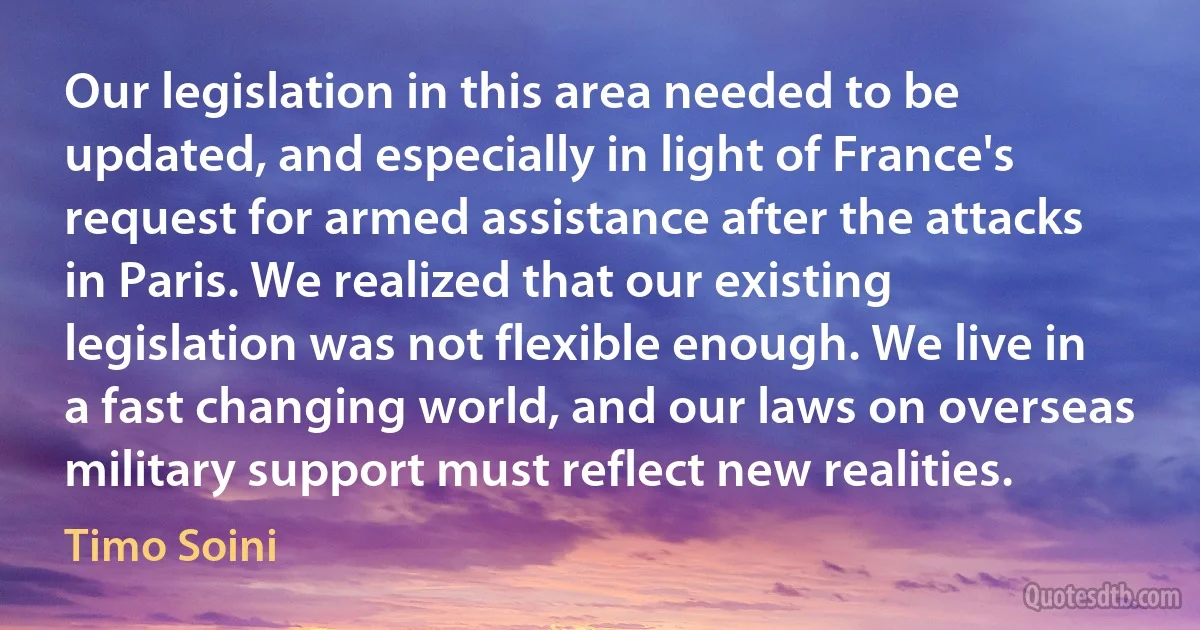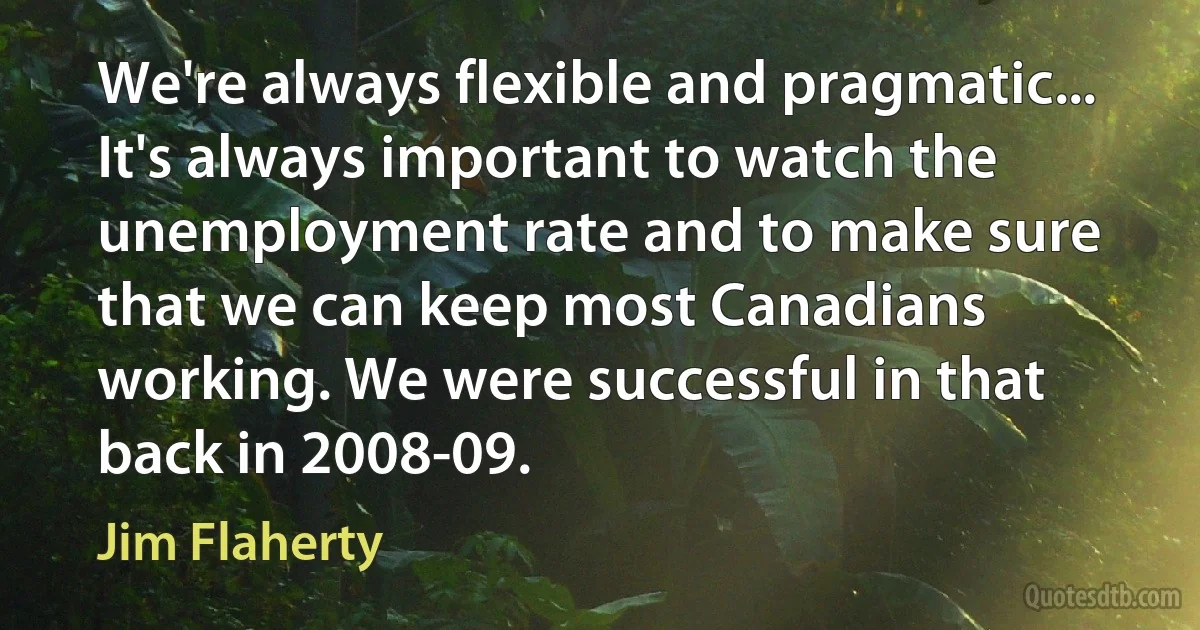Flexible Quotes - page 5
Some economists also use the terms Fordism and pos-Fordism to mark the shift from an economy characterized by the stable-long-term employment typical of factory workers to one marked by flexible, mobile, and precarious labor relations: flexible because workers have to adapt to different tasks, mobile because workers have to move frequently between jobs, and precarious because no contracts guarantee stable, long-term employment. Whereas economic modernization, which developed Fordist labor relations, centered on the conomies of scale and larga systems of production and exchange, economic postmodernization, with its post-Fordist labor relations, develops smaller-scale, flexible systems.

Antonio Negri
The old form of trade union, which was born in the nineteenth century and aimed primarily at negotiating wages for a specific trase is no longer sufficient. First of all, as we have been argueing, the old trade unions are not able to represent the unemployed, the poor, or even the mobile and flexible post-Fordist workers with short term contracts, all of whom participate actively in social production and increase social wealth. Second, the old unions are divided according to the various products and tasks defined in the heyday of industrial production - a miners' union, a pipefitters' union, a machinists' union and so forth. Today, insofar as the conditions and the relations of labor are becoming common, these traditional divisions (or even newly defined divisions) no longer make sense and serve only as an obstacle. Finally the old unions have become purely economic, not political, organization.

Antonio Negri
When President Kennedy sounded me out about becoming Chairman, I was of course pleased to be considered but, at the same time, felt a certain depression at the thought of returning to the bear pit of the Pentagon where I spent four less-than-happy years as Army Chief of Staff. However, I recognized that the atmosphere had changed and that the strategic heresy of Flexible Response which I had advocated to little avail had become the orthodoxy of the Kennedy Administration. Also, I had gotten to know Secretary McNamara and, in spite of the occasional differences of view, had a high regard for him as a man of decision who tackled fearlessly the tough problems of defense and refuse to yield to the temptation to sweep them under the rug.

Maxwell D. Taylor
Our military behavior must be visibly consistent with our conduct in the political, economic, and international fields. Our strategic readjustments should not be mistaken for a new spurt in an armament race with the USSR. Any serious imbalance in military power between East and West is an encouragement to war- if it favors the Communist dictatorship. Actions to correct an imbalance of power and to replace the concept of Massive Retaliation by one of Flexible Response are measures conducive not to war but to world peace. Such are the notes to be sounded by confident leaders who know what they are doing and why. Then we can prepare ourselves calmly to the battle, knowing that if it is properly prepared, the odds are high for peace.

Maxwell D. Taylor
Roll a ball under your hand on a table and roll a pencil in the same manner. What you feel are "point" and "line" bearings. But to understand what mechanics mean by a surface "bearing," grasp a pencil in your hand and use your other hand to make it turn as a piece of shafting. Now, the lower half of the shaft is supported everywhere by contact with your hand - the upper half is not supported, merely covered. The advantages of ball and roller bearings were obvious many years ago to mechanical people... Solid steel rollers, being inflexible, were not satisfactory at that stage, but a Hyatt flexible roller bearing was different. We had something. Our spirally wound tube roller had a springlike quality, yielded to irregularities caused by poor manufacture, thus making automatic adjustments between housing and bearing.

Alfred P. Sloan
I've found when you get old you must return to certain things in the beginning, or things you have a sentiment for or something. Because your life closes up in so many ways or doesn't become as flexible or exciting or whatever you want to call it. You tend to be nostalgic. And I think about my boats. It's more complicated than that, but also it's going out and also there's a lot of references to crossing over. But the thing of the Nile boat in Winter's Passage: Luxor was about the wonderful thing, the lazy thing, of being two or three months in Luxor by the river. It was just that, it explains a winter passage. From a certain point to the other side: it's like the Greek boat that ferries you over to the other world. That sculpture didn't have it. But sometimes the large painting in Houston does have it. It's a passage through everything.

Cy Twombly
Keep yourself motivated. You've got to be motivated, you've got to wake up every day and understand what that day is about; you've got to have personal goals - short term goals, intermediate goals, and long term goals. Be flexible in getting to those goals, but if you do not have goals, you will not achieve them.

Gary Cohn



